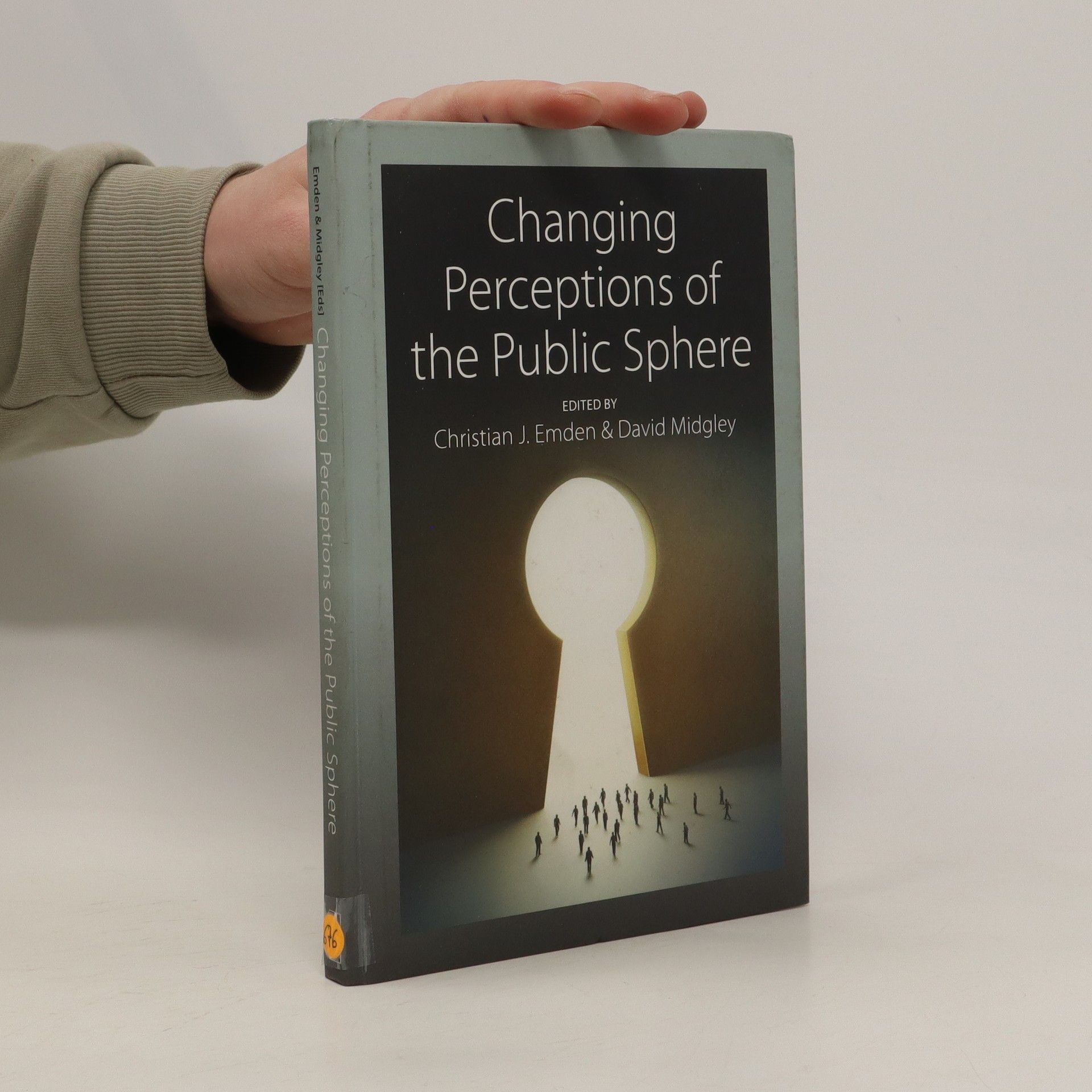Initially propounded by the philosopher Jurgen Habermas in 1962 in order to describe the realm of social discourse between the state on one hand, and the private sphere of the market and the family on the other, the concept of a bourgeois public sphere quickly became a central point of reference in the humanities and social sciences
Christian J. Emden Livres
